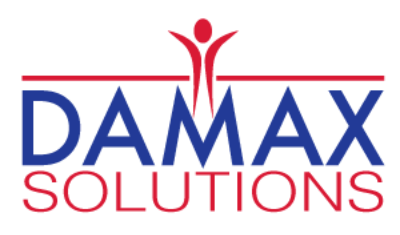Our Projects
A formative qualitative research study was conducted in four corporations targeting male employees within 4 regions which included Kilimanjaro, Arusha, Mwanza and Geita.
A total of 38 Focus Group Discussions of male employees were conducted within the four corporations (making a total sample size of 288-360 participants) to gather knowledge on general health care services, including HIV testing, seeking behavior; perceptions, experiences and preferences on HIV testing as well as measure level of acceptability of potential HIV workplace intervention models. The study helped to inform our clients on the design of a pilot HIV Workplace intervention.
The project involved community-based screening of more than 8,000 youths (project beneficiaries) to establish the magnitude of HIV and sexual transmitted infections (STIs) in Iringa, Mbeya and Dodoma regions, as part of pre-and post-intervention phases of the project.
DAMAX conducted two phases of evaluation; In 2016 a baseline evaluation that involved a community-based screening of 8,000 adolescents (5000 females and 3000 males) between the ages 15 to 24 in order to establish the magnitude of HIV and Sexual Transmitted Infections (STI) in Iringa, Mbeya and Dodoma. In 2017, a mid-line evaluation was conducted on follow up of the study progress to assess its impact.
In 2018, the two phases provided DAMAX the spearhead to conduct an end line evaluation of the study to measure the projects’ success vis a vis baseline and mid line data.
The project involved community-based screening of more than 8,000 youths (project beneficiaries) to establish the magnitude of HIV and sexual transmitted infections (STIs) in Iringa, Mbeya and Dodoma regions, as part of pre-and post-intervention phases of the project.
DAMAX conducted two phases of evaluation; In 2016 a baseline evaluation that involved a community-based screening of 8,000 adolescents (5000 females and 3000 males) between the ages 15 to 24 in order to establish the magnitude of HIV and Sexual Transmitted Infections (STI) in Iringa, Mbeya and Dodoma.
In 2017, a mid-line evaluation was conducted on follow up of the study progress to assess its impact. In 2018, the two phases provided DAMAX the spearhead to conduct an end line evaluation of the study to measure the projects’ success vis a vis baseline and mid line data.
